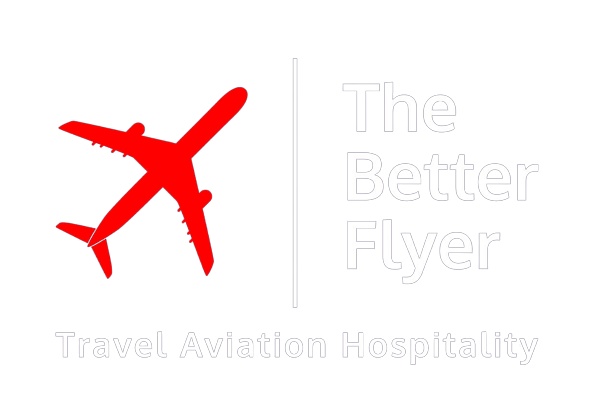US: Benchmarking company STR, owned by CoStar Group, along with 10 hotel companies, face a lawsuit claiming that the “exchange of competitively sensitive information” allows operators to set high prices.
Seven plaintiffs have filed a lawsuit against STR and its clients for inflating prices within luxury hotel metropolitan markets in the United States.
The lawsuit claims: “Competitors in the luxury hotel industry have agreed to continuously share their detailed, audited, competitively-sensitive information about their prices, supply, and future plans through an intermediary, Smith Travel Research (STR), which is owned by defendant CoStar Group. The purpose of this exchange is for competitors to share “super-timely revenue and occupancy data” so that competitors can ensure they are getting their “fair share” of revenues.
“In other words, the exchange of this information allows participating hotels to set prices higher than they would have been absent this agreement to exchange information. This is price fixing in its modern form and is illegal under the Sherman Act.”
The lawsuit highlights that STR collects three types of data from its hotel clients: rooms available; rooms sold; and room revenue. Each participating hotel will submit additional details including the type of traveller (transient, group and contract) as well as source of revenue (room, food and beverage, and other). STR also collects hotels’ forward-looking occupancy data, including rooms available and rooms booked.
In addition to CoStar and STR, defendants named in the lawsuit include Hilton, Hyatt, IHG, Loews, Marriott and Accor. Co-conspirators include Choice, Great Eagle Holdings, Wyndham and Omni.
Evidence in the lawsuit features the future listing prices from 6,000 hotels across 15 cities in the US, between January and June 2024. The results showed an “average overcharge of at least 4.3 per cent” for five-star hotels after accounting for hotel characteristics, location, and quality.
It further notes that the defendants and co-conspirators “possess an average of 70 per cent market share across all 15 cities”.
Filed on 20 February 2024, the plaintiffs have demanded a trial by jury.

